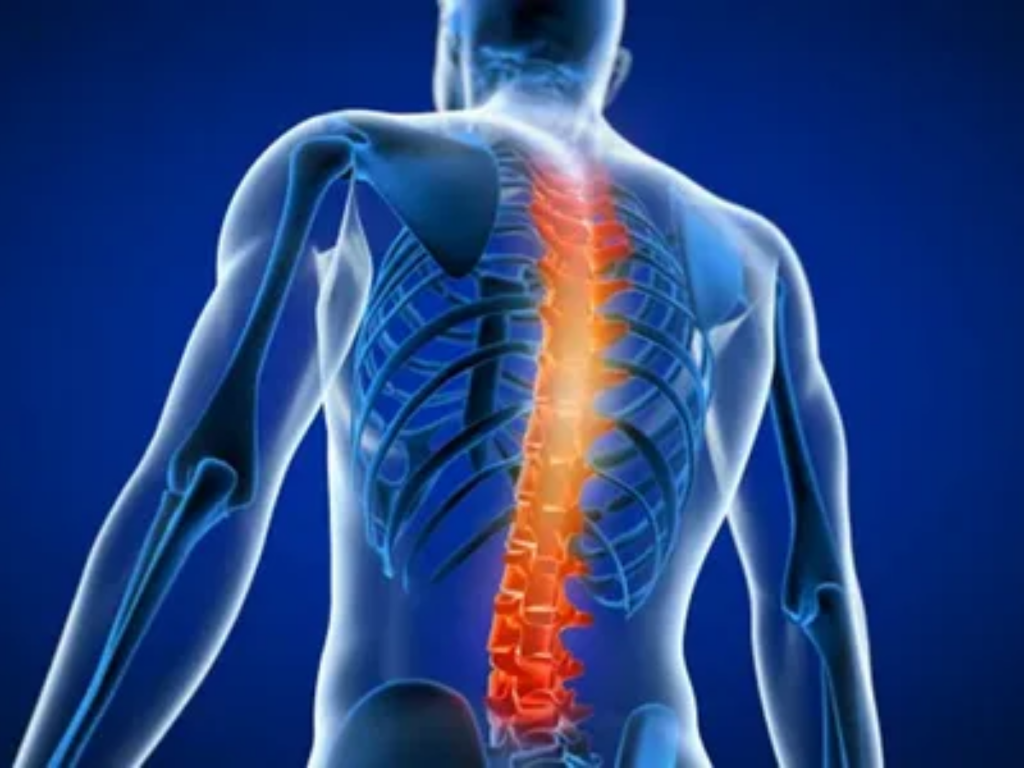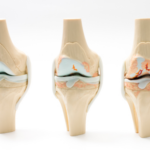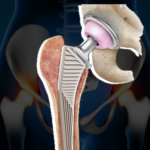
Chronic back pain is debilitating. It is not only bad for your physical health but also your emotional state, work life, and relationships. For most, traditional medical interventions such as medication, physical therapy, and lifestyle changes do provide some relief; however, sometimes the same chronic back pain persists or worsens, leading to surgery.
Luckily, advances in modern medicine have revolutionized spine surgery, offering a less invasive and more efficient way to treat chronic back pain. Minimally Invasive Spine Surgery (MISS) is a cutting-edge solution that provides effective treatment with less pain, faster recovery, and better long-term outcomes.
What is Minimally Invasive Spine Surgery (MISS)?
MISS procedures are also known as minimally invasive spine surgery. It is performed through small incisions with the help of specialized instruments and advanced technology. Traditional open surgery often required larger incisions to reveal and access the spine. MISS requires tiny cuts, usually no more than one inch or two inches in length. These small incisions are accompanied by the camera, known as an endoscope, allowing the movements of the surgeon to be targeted and precise.
This latest technique is designed to have the least possible damage to surrounding muscles, tissues, and ligaments, thus greatly reducing recovery time. Patients would recover much sooner compared to traditional surgery, so it is suitable for people who prefer not to be on long rehabilitation periods.
When should Minimally Invasive Spine Surgery be recommended?
Minimally Invasive Spine Surgery is often advised for patients with chronic back pain due to a variety of conditions such as
Herniated Discs: Bulging discs between the vertebrae compress nerves, leading to several sharp pains and numbness, tingling sensation in affected areas. The MISS surgery enables the surgeon to remove the herniated part of the disc with minimal damage to the surrounding tissues.
Spinal Stenosis: It is caused by spinal canal narrowing, compressing the spinal cord and nerves. In this case, MISS is used to take away the excess tissue or bone causing the compression.
Degenerative Disc Disease: Wear and tear on the discs between the vertebrae can cause undue pain and loss of mobility. MISS offers an option of these problems being corrected using smaller incisions with least destruction to the surrounding structure.
Spondylolisthesis: In this condition, a vertebra slides out of place. MISS can correct and stabilize this while making smaller cuts.
Spinal Tumors or Infections: In a few of the patients, MISS can be employed to take out tumors or drain abscesses in the spine.
Advantages of Minimally Invasive Spine Surgery
Smaller cuts, less pain
Since MISS requires smaller incisions, it causes less damage to the surrounding tissues in a patient. This results in minimal post-operative pain, hence easier recovery.
Faster Recovery Time
Post-operative recuperation in traditional spine surgery might take weeks or even months.
The application of minimally invasive procedures allows patients to recover faster; this is sometimes within a couple of weeks before returning to work or normal activities.
Lower Risk of Infection
A small cut generally means a higher chance of minimal infection and complications. The wound also is left with less exposure to air which generally reduces the chances of bacteria flowing into the surgical site.
Brief Hospital Stay
Since the surgery is less invasive, most people having MISS stay in the hospital for one day or another. This is a huge difference from traditional surgery, which may involve days, if not weeks, in the hospital.
Less Bleeding
Because the incision is smaller and there is less disruption of the tissue, there is usually far less blood loss during the surgery. This also reduces the chance of a blood transfusion, and therefore contributes to a safer procedure.
Better Cosmesis
When the incision is smaller, the scars are smaller, and this generally offers better cosmesis, which in turn enhances the patient’s acceptance of the surgery.
How Minimally Invasive Spine Surgery Works
Sometimes, a patient might go through an assessment in advance before receiving Minimally Invasive Spine Surgery. Here, different tests may be used, such as X-rays, CT scans, and MRIs, to diagnose the main cause of pain. The surgery will take hours, depending on the individual’s level of condition. General anesthesia will be given to patients to keep them comfortable and free from pain during the course of surgery.
Being minimally invasive, with small incisions and specialized instrumentation, surgery is far more precise and focused than the traditional open surgery. Patients who undergo the procedure are monitored closely and may be returned to their homes the same day or the next.
Care and Recovery after the Operation
Recovery after minimally invasive surgery of the spine is generally much faster than traditional surgery. Every patient’s recovery is unique, but most can benefit from a marked reduction in pain within weeks. Application of physical therapy to improve mobility and strengthening of the back will help maximize long-term recovery.
Monitoring patients during their recovery period ensures that the healing process is occurring as expected.
Is Minimally Invasive Spine Surgery the Right Option for You?
If you suffer from chronic back pain that is not responsive to other treatments, Minimally Invasive Spine Surgery can be the answer you’ve been searching for. This new procedure promises quicker recovery, less pain, and fewer risks than traditional spine surgery.
Reach out to us today to discuss your options for Minimally Invasive Spine Surgery and take the first step towards a pain-free tomorrow.
Summary
Dr. Saurabh Giri is one of the best orthopedic surgeons, operating PCMC, Pune in the area of Minimally Invasive Spine Surgery and other advanced treatments for chronic back pain. With over 10 years of experience, he has successfully treated hundreds of patients at Hospital, PCMC, Pune, using state-of-the-art techniques and modern approaches. The clinic is equipped with the latest technology, ensuring accurate diagnoses and effective treatments for conditions like degenerative disc disease, spinal stenosis, and more.
If you are experiencing chronic back pain or require specialized care for your spine, visit Dr. Saurabh Giri in PCMC, Pune, to explore the benefits of Minimally Invasive Spine Surgery.
Visit us today to schedule your consultation and take your first step towards a pain-free life!




